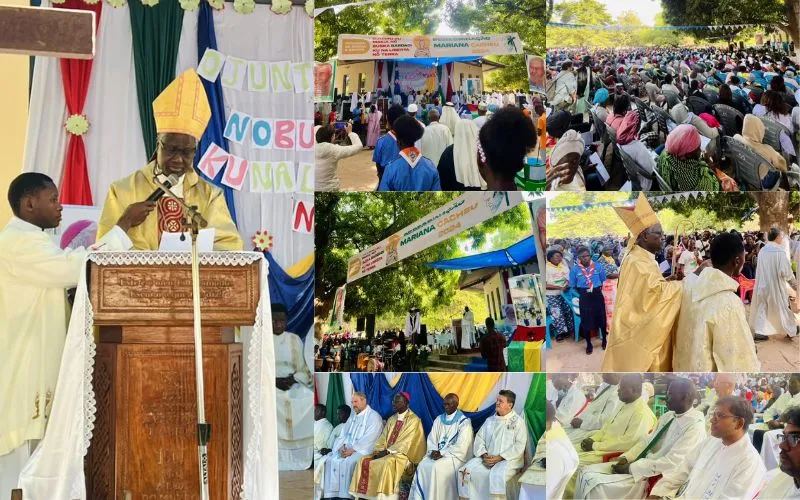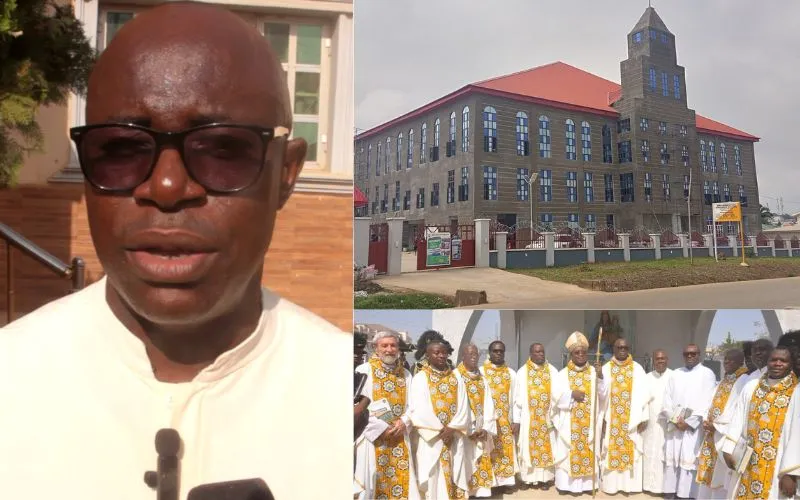The Bissau-Guinean Catholic Church leader also emphasized the need to foster togetherness, saying, “True Christian fraternity can only exist when we live in harmony with others and with God’s creation, caring for one another with respect and affection.”
“The Gospel demands that we transform our lives, leaving behind selfishness and the desire for control, to follow Christ’s example of humility and service,” Bishop Lampra Cá said.
He called upon pilgrims at the Shrine of Our Lady of the Nativity in Cacheu to hold onto hope, saying, “We must not lose hope, for despite life’s challenges, God is faithful and always calls us to liberation and salvation.”
“Our mission is to be a light to the world, living according to Christ’s teachings and spreading the Good News to all we meet along the way,” the Bishop of Bissau since January 2022 said.
He went on to caution against selfishness, saying that the vice that is the “root of human discord and suffering” is purely at the human level.
“Evil cannot come from God; it comes from man. The core issue is the human presumption of being equal to God, rejecting the status of a creature and usurping the place of the one true God,” Bishop Lampra Cá explained.
He lamented the consequences of selfishness, noting that it distorts relationships and undermines the divine plan.
“Self-sufficiency disrupts harmony and communion. God is the absolute Lord, and His project is the life of man. When man falls into selfishness, he rebels against God's plan, drafting his own misguided project,” Bishop Lampra Cá said.
The Catholic Church leader, who started his Episcopal Ministry in November 2011 as Auxiliary Bishop of Bissau Diocese warned that when selfishness is embraced, “fraternity degenerates into power and domination, love degrades into possession and exploitation, and unrest settles among men and between humanity and nature.”
Bishop Lampra Cá advocated for continued self-examination, saying, “Man must live in constant self-criticism, seeking at every moment of the day to turn back to God, acknowledging his faults, and pursuing conversion.”








